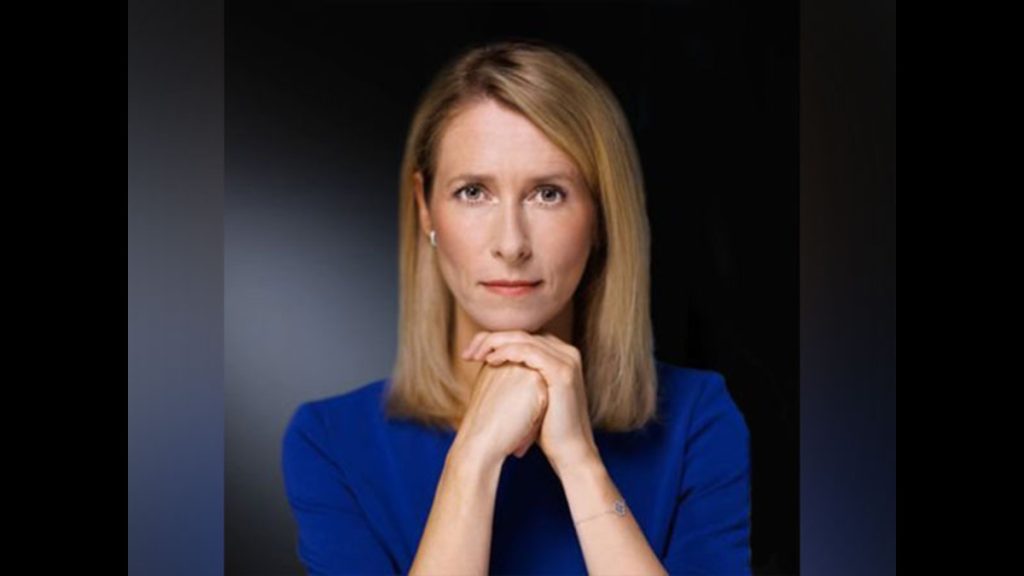European Union’s Foreign Policy Chief Kaja Kallas has cautiously welcomed the ceasefire between Israel and Iran, calling it “good news but fragile,” while urging all parties to seize the opportunity to return to negotiations and prevent further escalation.
In a series of posts on X on Tuesday, Kallas, who also serves as the Vice-President of the European Commission, emphasized the urgent need for restraint across the region. “The announced reprieve in fighting between Israel and Iran is good news but remains fragile. All sides should stand by this and refrain from further violence. All further escalation must be avoided,” she wrote.
Kallas also extended solidarity to all those affected by the conflict, including Qatar, which was hit during Iran’s retaliatory strikes. “This is the moment to return to the negotiating table. Let this be a turning point for the whole region,” she added, reaffirming the EU’s commitment to supporting peace efforts.
The ceasefire announcement came after U.S. President Donald Trump declared an agreement had been reached following Iran’s missile attacks on American bases in Qatar and Iraq—an act carried out in retaliation for U.S. strikes on key Iranian nuclear facilities.
However, the ceasefire appeared short-lived. According to reports from The Times of Israel, the Israeli Air Force conducted a limited strike on an Iranian radar installation near Tehran shortly after the ceasefire was announced. In response, Iran launched two ballistic missiles at Israel.
Expressing his frustration, Trump criticized both nations for violating the ceasefire: “They’ve been fighting so long and so hard that they don’t know what the f*** they’re doing,” he said.
Following a phone call between Trump and Israeli Prime Minister Benjamin Netanyahu, Israel reportedly decided to halt further strikes on Iran, according to an official statement from the Israeli Prime Minister’s Office.
The ceasefire follows weeks of heightened hostilities that began on June 13, when Israel launched coordinated attacks on Iranian nuclear and military targets. Iran’s subsequent retaliation targeted Israeli military infrastructure, prompting U.S. involvement through precision strikes on Iran’s Fordow, Natanz, and Isfahan nuclear facilities.
Despite the temporary calm, international leaders including Kallas have stressed that the situation remains tense and unpredictable, urging diplomatic efforts to prevent another spiral into violence.
